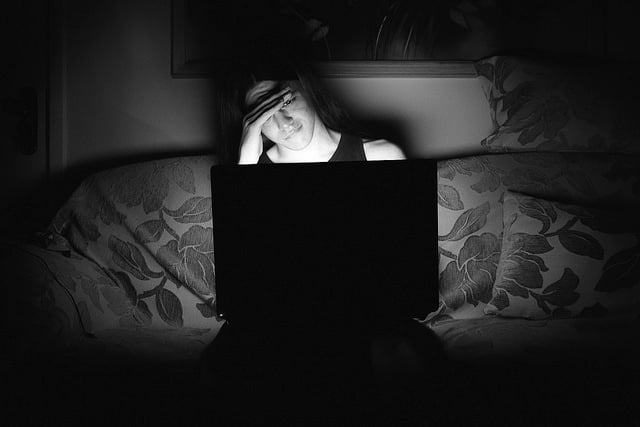
Photo: Daniel Bertolozi (CC BY-NC-SA 2.0)
As you don’t like it
What will happen when we only like what we already know? Ed McKeon questions the filtering systems used online which limit the range of information we receive.
Mat Honan at WIRED recently experimented to see what would happen if he ‘liked’ everything on his Facebook feed for two days. The result: his window on the world narrowed rapidly, was dominated by commercial interests, and these trends began crossing over to the feeds of his Friends. We too might need to give a ‘thumbs down’ to the ‘thumbs up’ if we value writing on the arts. Like the music and publishing industries, traditional news media has suffered significant collateral damage from the digital revolution. Pay-for media has been haemorrhaging readers while ‘free’ channels have proliferated. We are all aware of the decline in space for arts writers in the broadsheets while writing online has mushroomed. Thanks to Twitter, we can each now have our 140 characters of fame.
The algorithms are designed to present you with a world that looks and thinks like you, to make you feel at home and more predisposed to commercial interests
There are many positive sides to this. Artists can write about their own work, publish it on WordPress or Tumblr, broadcast performances through Livestream, create a ‘TV’ channel on YouTube or a ‘radio’ channel on Soundcloud, and feed constant stories through social media. If they have the time. Arts practices that are marginalised in the mainstream media can now make their own space in the public domain. Word limits and broadcast lengths are at your discretion, while hyperlinks and embedded media allow words to sing and descriptions to spring to life. There is no editorial control so you can make or break all the rules you want to.
As the cost of producing and distributing information has plummeted, its supply has grown exponentially. It is estimated that by 2014 there were more words online than have been spoken by the entire human race throughout history. That is over 14 trillion web pages, using more than 1 yottabyte of data (10 trillion GB). And it doesn’t get used up. Quite the opposite. The more information is ‘consumed’, the more it proliferates through sharing, copying and recycling. As we all know, there is a gigantic surplus of data.
To help us navigate through this, companies discreetly offer us filtering systems (algorithms), often based on our choices and those of other users. This process has the effect of personalising information for us without our consent. As Honan’s experiment in liking showed, the algorithms are designed to present you with a world that looks and thinks like you, to make you feel at home and more predisposed to commercial interests. We all know that if something is free, you are the product.
These algorithms give us the illusion of choosing the information we receive, efficiently passing over what appears irrelevant or useless, and so eroding its potential as a public good. It risks narrowing our perspective to a ‘me-centered world’, and makes it much harder for everyone to discover ideas that are new or unfamiliar. If you are interested in reaching new audiences, or if you believe that the arts have anything new to contribute to our understanding of the world, you can begin to see why this ‘filter bubble’ (as Eli Pariser calls it) might be a problem. As Google’s Eric Schmidt said: “It will be very hard for people to watch or consume something that has not in some sense been tailored for them.”
This is part of the threat to net neutrality, only it is our choices online that create a hierarchy of information rather than telecoms companies charging content providers for faster connections. It is as though everyone has a turn at the mic, but for most people the volume on the sound desk is brought close to zero. This has significant implications for diversity, and for those promoting ideas that challenge mainstream perceptions. Perhaps it is time for us to find channels that disrupt information flows, surprise us, and that embrace diversity before the arts are limited even further to niche interests. Sites like Upworthy or curated services like ArtsJournal offer some models.
Fundamentally, we need collectively to embrace the paradox that if we value what we don’t yet know, we also have to value what we know we don’t want.
Ed McKeon is Co-Director of Third Ear Music.
www.thirdear.co.uk
Join the Discussion
You must be logged in to post a comment.